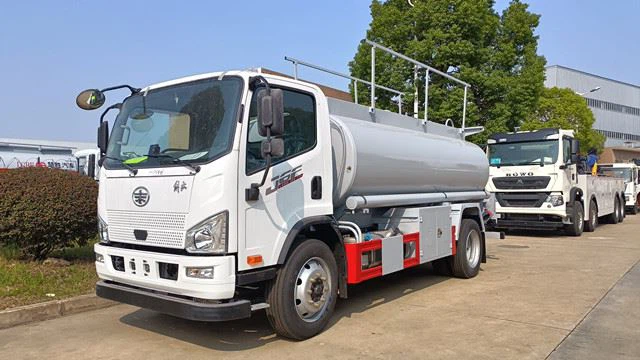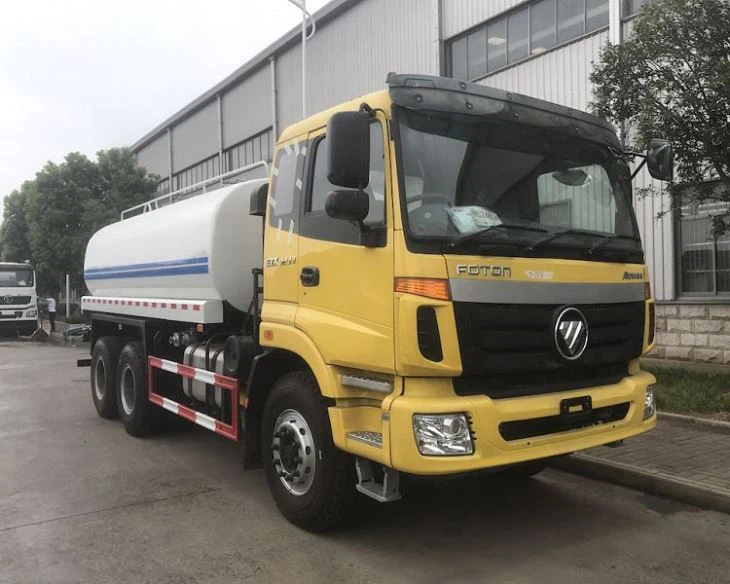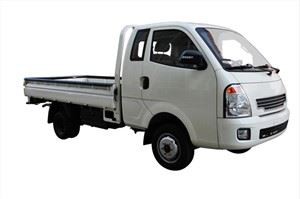Enterprise Trucks Sales: A Comprehensive Guide for Businesses

Introduction
In today’s fast-paced business environment, the transportation of goods is crucial for success. Enterprise trucks sales have become a vital consideration for companies of all sizes. This comprehensive guide will explore everything you need to know about purchasing and managing trucks for your enterprise, from understanding the benefits of owning a truck fleet to the intricacies of financing and maintenance. Whether you’re a small business looking to expand or a large corporation needing reliable transport options, this article will provide valuable insights to help you make informed decisions.
Understanding Enterprise Truck Sales
What Are Enterprise Trucks?
Enterprise trucks refer to vehicles used by businesses for transportation of goods and services. These trucks range from light-duty vehicles to heavy-duty trucks, capable of carrying varying loads based on business requirements. Key types include:
- Light-Duty Trucks (e.g., pickups, vans)
- Medium-Duty Trucks (e.g., box trucks, flatbeds)
- Heavy-Duty Trucks (e.g., tractor-trailers, dump trucks)
The Importance of Truck Ownership for Businesses
Owning a truck fleet can significantly enhance a company’s logistics and supply chain efficiency. Here are some reasons why investing in trucks is crucial:
- Cost Efficiency: Instead of paying for shipping services, owning trucks allows businesses to control costs related to transportation.
- Time Management: Having your own fleet reduces delays caused by third-party transport.
- Flexibility: Businesses can adjust their transportation needs based on demand without relying on external services.
- Brand Visibility: Company logos on trucks can enhance brand recognition on the road.
Key Considerations for Purchasing Trucks
Identifying Your Business Needs
Before purchasing trucks, assess your transportation needs. Consider the following factors:
- The type of goods you need to transport
- The volume of goods to be transported regularly
- Distance and routes commonly traveled
Choosing the Right Truck Type
Based on your needs, select the appropriate truck type:

| Truck Type | Use Case | Capacity |
|---|---|---|
| Light-Duty Trucks | Small deliveries, urban transport | Up to 6,000 lbs |
| Medium-Duty Trucks | Furniture, appliances, bulk goods | 6,000 – 26,000 lbs |
| Heavy-Duty Trucks | Construction materials, large freight | Over 26,000 lbs |
New vs. Used Trucks
Deciding between new and used trucks requires careful consideration of budget and business goals:

- New Trucks: Come with warranties and the latest technology but are more expensive.
- Used Trucks: More budget-friendly with a potential for previous maintenance issues.
Financing Options for Truck Purchases
Leasing vs. Buying
Businesses often face the dilemma of leasing versus buying trucks. Here are some pros and cons:
- Leasing: Lower monthly payments, newer models, less maintenance responsibility.
- Buying: Asset ownership, no mileage restrictions, potential for resale value.
Financing Solutions
When buying trucks, consider various financing options:
- Bank Loans: Traditional option with a defined repayment schedule.
- Commercial Financing: Tailored loans specifically for business vehicle purchases.
- Manufacturer Financing: Sometimes offered at attractive rates by truck manufacturers.
Truck Maintenance and Management
Regular Maintenance Practices
Proper maintenance extends the life of your trucks and ensures they operate efficiently. Some key maintenance tips include:
- Regular oil changes
- Tire inspections and rotations
- Brake system checks
- Regular inspections of lights and wipers
Implementing a Fleet Management System
A fleet management system can streamline operations and improve efficiency. Consider software that offers:

- Real-time tracking of vehicles
- Maintenance scheduling
- Fuel consumption analysis
- Driver performance monitoring
Maximizing Truck Utilization
Optimal Routing Strategies
Employ optimal routing to reduce travel time and fuel costs. Use GPS and routing software to find the best paths. Strategies can include:
- Combining multiple deliveries into a single route
- Avoiding peak traffic times
- Regularly reviewing and updating routes based on performance data
Driver Training Programs
Investing in driver training programs enhances safety and efficiency. Benefits include:
- Reducing accident rates
- Improving fuel economy through safe driving practices
- Enhancing compliance with regulations
Regulatory Considerations in Truck Sales
Understanding Compliance Requirements
Businesses must comply with various regulations including:
- Department of Transportation (DOT) regulations
- Hours of service restrictions for drivers
- Vehicle registration and licensing requirements
Environmental Regulations
Many regions have strict environmental standards affecting truck emissions. Consider fuel-efficient or alternative-fuel trucks to mitigate compliance issues and enhance your company’s sustainability profile.
Future Trends in Enterprise Truck Sales
Electric and Alternative Fuel Trucks
The automotive industry is rapidly evolving with the introduction of electric and hybrid trucks. Here’s what businesses should consider:
- Reduced operational costs due to lower fuel expenses
- Tax benefits and incentives for purchasing eco-friendly vehicles
Technology Integration
Embracing technology can enhance efficiency in truck operations. Key advancements include:
- Telematics for real-time tracking and diagnostics
- Automation in supply chain and logistics
- Advanced safety features in newer truck models
FAQs
1. What should I consider before purchasing enterprise trucks?
Evaluate your business needs, budget constraints, and the type of cargo you regularly transport.
2. Is it better to lease or buy trucks for my business?
This depends on your financial situation and long-term business goals. Leasing offers flexibility, while buying provides ownership benefits.
3. How do I maintain my truck fleet effectively?
Implement a regular maintenance schedule, keep detailed records, and utilize a fleet management system to enhance efficiency.
4. What financing options are available for purchasing trucks?
Consider bank loans, manufacturer financing, and commercial financing tailored for vehicles.
5. Are electric trucks a viable option for businesses?
Yes, electric trucks can reduce long-term costs and improve your sustainability profile, plus they can often qualify for various incentives.
6. How can technology improve truck management?
Technology can enhance tracking, maintenance scheduling, and driver performance, leading to improved operational efficiency.
